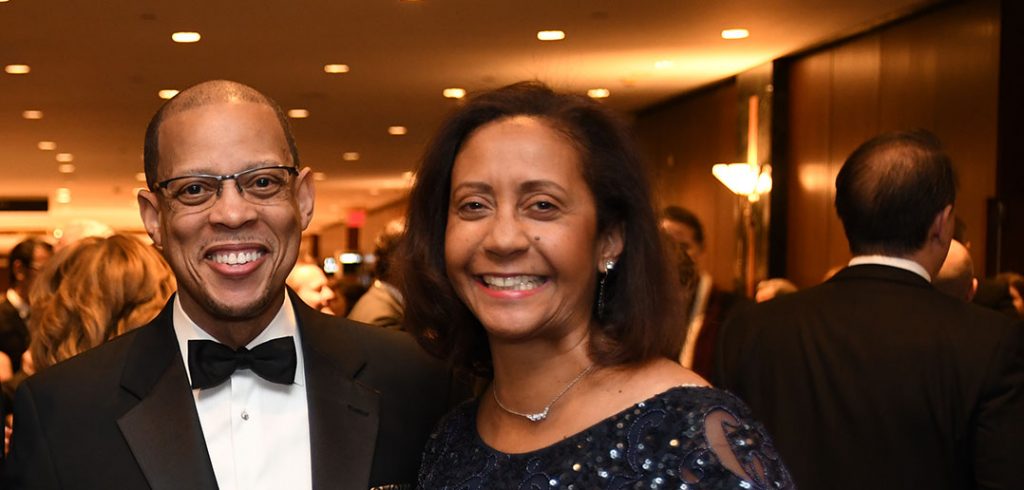As we close out Black History and Culture Awareness month, we highlight yet another inspiring and modern figure. Anthony Carter is a writer, retired chief diversity officer at Johnson & Johnson, and former press secretary to New York City Mayor, David Dinkins. In his new memoir “This I Know,” Carter shares his principles for a life of faith and optimism, and why he believes diversity is the very design of God.
Below is an excerpt from an interview he gave with his Alma mater, published in Fordham Magazine.
In New Memoir, Anthony Carter Shares Hard-Earned Hope
By Franco Giacomarra
You built a distinguished career on your expertise and passion for diversity in and beyond the workplace. As attitudes and practices continue to change, do you feel you retired just in time or too soon?
There’s never an end to cultural diversity. It includes the differences, the thoughts, the perspectives, the ideas, the values of different people. When that is all harmonized together, it just makes beautiful music.
It is disturbing that we’re defining the context now as something that’s disruptive and not allowing other folks to exist. Diversity in itself is pure. It encompasses every one of us, and when you look at multiculturalism in a room, or “that gorgeous mosaic” that David Dinkins used to talk about, and you start tapping into different perspectives, it brings such richness and harmony to whatever that outcome is supposed to be.
“Diversity isn’t a challenge to overcome—it’s the very design of God, and a strength that makes us more whole”
—Anthony P. Carter, from This I Know: Principles for a Life of Faith and Optimism











